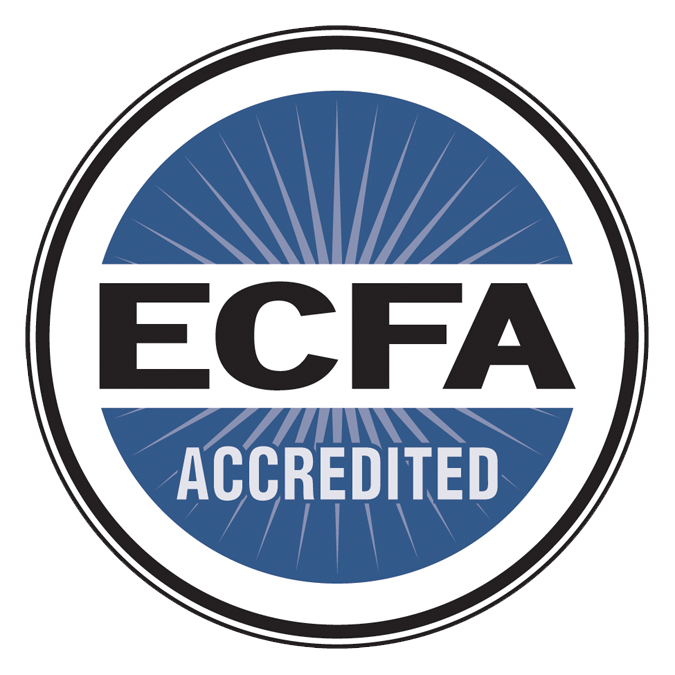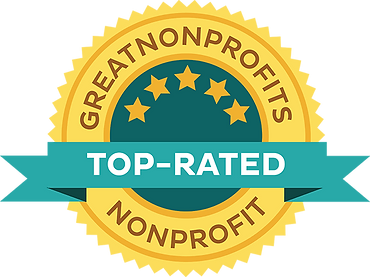Recently we talked with Barb Miller, a believer who has an abortion in her past. Barb’s story is one of pain yet redemption. The recent Supreme Court reversal of Roe v. Wade is sparking a lot of conversation on the abortion topic and is also opening old wounds. Christians are not immune, as Barb shares. As believers, we need to learn how to address this topic with sensitivity yet truth.
- Can you briefly share why you are passionate about ministry to the post-abortive?
Because I am post-abortive myself and I know how difficult that was for me both when I was deciding [to abort] and long after I aborted. I know the pain and isolation that comes with abortion.
- Can you share a little more about how the coverage of the recent Roe v. Wade reversal might be triggering to the post-abortive community?
The [Supreme Court] decision was huge all by itself. At one time abortion was legal but now the legality is in question depending on where you are and that’s a huge thing for women to wrestle through. Whether they are pro-life or pro-choice they are having to wrestle through this [decision]. For the post-abortive person, the decision is taking her right back to her abortion experience and the circumstances surrounding the abortion experience. If she is not really healed, she is wrestling through hard memories.
- What are some common misconceptions about abortion among the faith-based community?
Among the faith-based community a huge misconception is that abortion is not a problem in the church. Because we are 1 in 4 women. (Of the women who choose abortion, 1 in 3 are regular church attendees). Chances are, post-abortive women (and men) are in your churches, small groups, and Bible studies. Churches at large don’t know that or understand that.
The next biggest misconception is that there is a certain kind of woman who has an abortion. They [Christians] think she has less than good character. And that’s putting it mildly. That [assumption] is untrue. I’ve met women from all walks of life. All different races. Classes. Wealthy, not wealthy. I’ve met all kinds of women across the board. I’ve met pastor’s daughters. Pastor’s sons. I’ve met pastors who have abortion in their background. It affects everybody across the board.
One of the misconceptions outside the faith-based community is that abortion is safe. Abortion is not safe. There are women who hemorrhage on the table. Those abortion providers are not required to take women to the hospital. I know multiple women who were badly affected by their abortion and could not go on to have more kids.
Another misconception is that when you go into an abortion clinic, you are told it [the fetus] is a blob of tissue. It’s not a blob of tissue, it’s a baby. If you have been there and were awake when you had an abortion, you saw that it was a baby. That sight is horrifying. These are the big misconceptions I wish I could share with people who think abortion is safe healthcare. It is not safe healthcare.
- What are some of the most common reasons that women abort?
There are so many, and every story is different. Some people think it’s not the right time for a child. They aren’t financially ready for a child. They don’t want to be a single mom/partner. Then there are women who were forced to have AB, they don’t want to but either their partner or parents force them to. I want to remind people that Christian parents are taking their daughters to have abortions because the Christian parents don’t know what to do.
But there is another underlining factor which I faced myself. You see, I had options. The father wanted to marry me and help me raise the baby. I had people offer to adopt the baby. I had options. But when you are facing an unplanned pregnancy, there is this blinding fear of feeling that you have no options, that there is no other way. Every other woman I’ve talked with, which is hundreds at this point, said the same thing, like there is no other way around this.
- You have talked about some of the immediate consequences of abortion. What are some of the longer-reaching consequences?
There is this thing called Post-abortive Stress Syndrome. Depression, Anxiety, Suicide ideation. Anger are symptoms that are very prevalent among the post-abortive. Another symptom is auditory hallucinations. They hear babies crying or calling out for mom. Some have difficulty sleeping, nightmares, eating disorders. Often the woman may be experiencing these symptoms but doesn’t know that these things are connected to the abortion. I went for 10 years [post-abortion], experienced some of these symptoms, and I had no idea these things were connected.
- What are some of the ways that the post-abortive person can heal?
Healing is available and it is needed. So many people don’t understand that you need to heal from this. It was trauma to your mind, body, and spirit. It was trauma.
The way we do it at Life Network is through a 10-week Bible study that teaches us about the love of Christ, the character of God, what it means to come face-to-face with our sin, repentance, and how to walk in the freedom of Christ.
- What would you say to the post-abortive who might be reading this?
Absolutely don’t wait. Don’t put off healing one more day. Even if you think you are fine, don’t put it off. For those who know you are not fine, don’t let fear stop you. It can be really intimidating to be in a room full of post-abortive women, but it turns out to be one of the most comforting thing that this Bible study offers. So, my message to all post-abortive women is to not wait to go through the healing process.
- How can other Christians be part of the healing process for the post-abortive person?
This is a great question. First, by learning how to talk about abortion because many do not know how to talk about abortion. It’s a very emotionally charged subject with polarizing opinions. The last thing a post-abortion person needs is your very strong opinion about sin. Learn how to talk about it and how to have a conversation. Not just pretending like it doesn’t happen because it does. It’s there. And don’t assume that your circle isn’t post-abortive, because they are. Don’t be afraid to talk about it. Ask the questions. If the body of Christ comes up against somebody who is post-abortive, ask them how they feel, and what they went through. Remember as Christians, we should always be leading people to the foot of the Christ. How do we do this? We talk about things like forgiveness and the love of God. And how abortion is not an unforgivable sin. It’s not that it isn’t serious, because it is. But women who are post-abortive, they think it’s an unforgivable sin and it isn’t it.
- Specifically, to church leaders and pastors, how can they shepherd their congregation in bringing healing to the post-abortive?
By talking about it. Absolutely by talking about it. For the pastor to stand up on stage or behind the pulpit and acknowledge that the post-abortive person exists in their church, is huge. But also, to tell them from the pulpit that there is healing available and forgiveness to be had and that Jesus can forgive anything. I think pastors would be surprised at how much women would respond to that. Also men. We have to remember that men are part of this. It’s not just a women’s issue.
The very first time I told somebody within the Church that I was post-abortive, the reaction came from an army chaplain. He was trying to give me the Gospel story. I was like, “I know what this is, I don’t need it. I don’t want it. If you knew what I did, you would understand why I am going to hell.” And I said that. When I told him about my abortion, I expected him to say, “Oh you know you are right. There is the door and I’ll pray for you.” But that’s not what he did. He sat across his desk and cried. And he showed me the love of Christ. He did not throw me out. He did not tell me I was unworthy. He was the hands and feet of Christ that day. That day changed my life. And then I give my life to the Lord.
Then I started going to church. I’m in Bible studies and small groups. So many of my brothers and sisters in Christ were so quick to throw stones [when the topic of abortion came up]. They of course did not know my story. But again, we never know who our audience is. A lot of them would go on a pro-life rant [and say] a lot of things that were just not loving and not of Christ. They thought they were justified in doing this because abortion is so horrific. One by one, I sat with each person, and I talked with them and tried to help them understand that there was a whole lot they don’t know.
After the release of my story and my work with Life Network, I thought for sure I would be disowned by my church circle. And they didn’t do that at all. They absolutely rallied around me. They thanked me, laughed with me. Cried with me. The came back to me and said, “We didn’t know. We didn’t know how to do this [talk about abortion].” It’s been a huge thing to talk with people and with church leaders. All in all, once they hear my story and receive me, they are very loving.
- Given the prevalence of the post-abortive in a typical church, what are healthy and unhealthy ways that we can talk about abortion with other people in our churches/community?
Listening makes a huge difference. Because there are a large number of people who are post-abortive. There are married people who are post-abortive. Ask the questions and not judge the answers. It’s so easy for us to say, “I would never do that.” But you never know. Make them feel safe enough to be truthful in their answers.
Just start talking about it. Once you start talking about it and post-abortion healing, women start to come. Remember, post-abortive women think they are the only ones [only post-abortive person in their church]. They would be shocked to see how many women in the same room have gone through this. Many women have not heard of post-abortion healing. Talk how Life Network provides this healing. I know it’s intimidating to go into a room and talk about abortion. Right now, it is a hot topic and people are talking about it right now. Maybe open the conversation, “Maybe we should be praying for the government leaders through this. Pray for the post-abortive in our country, even though we don’t know who they are.”
Links to Resources:






